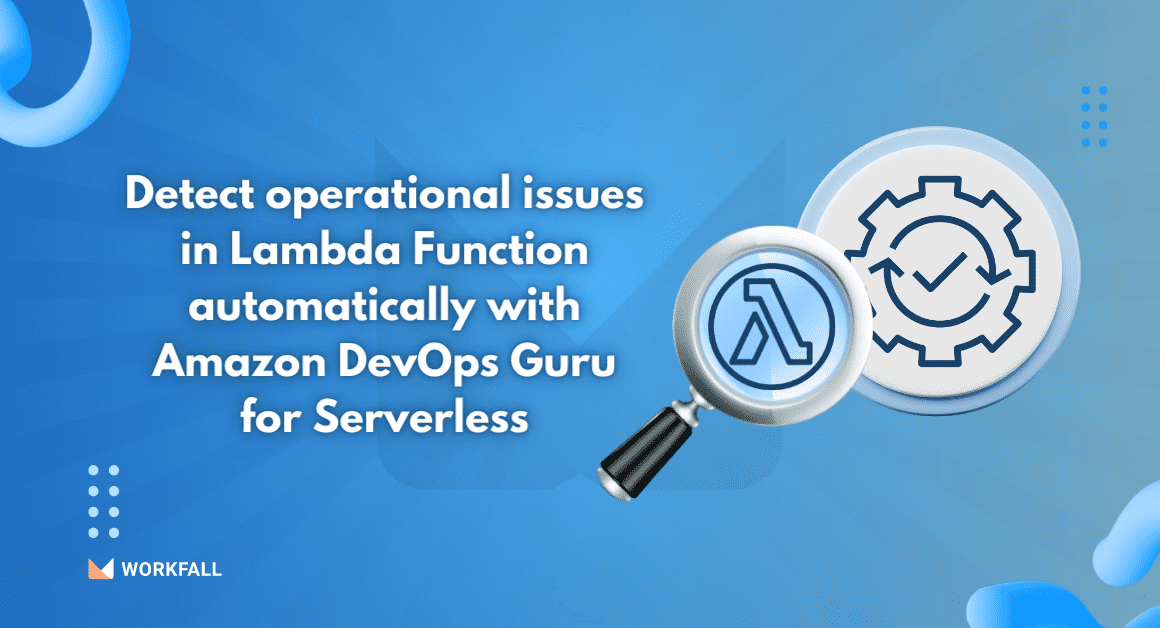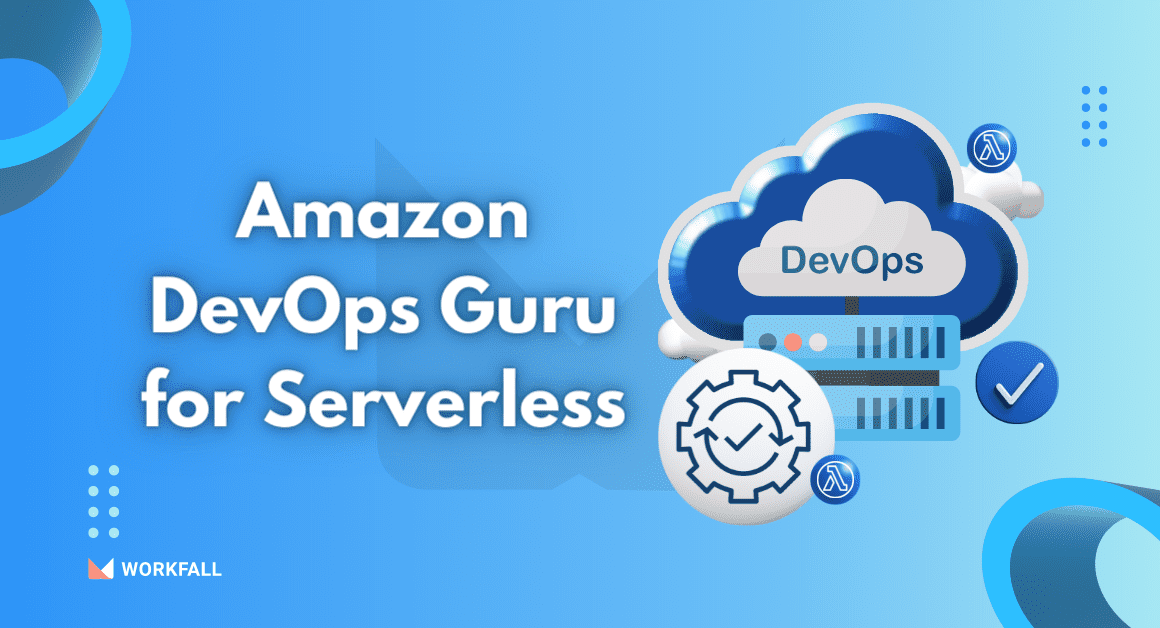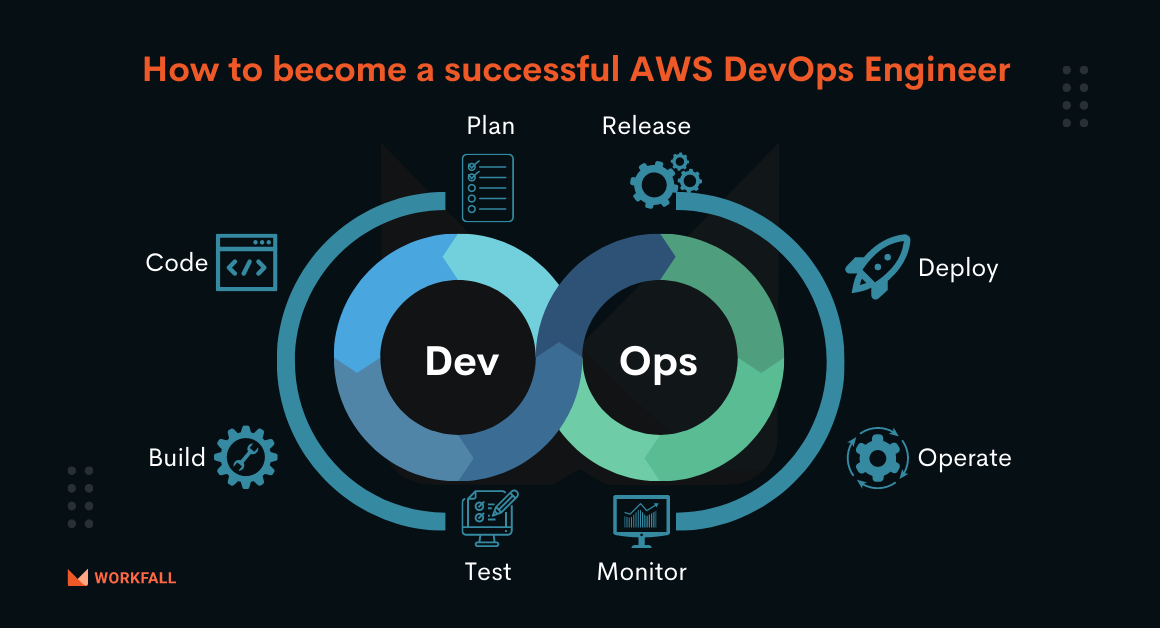Platform Engineering has received a lot of attention, but there is some misunderstanding about what it is and, perhaps more importantly, how it differs from more well-known disciplines like SRE and DevOps.
Platform Engineering is the rebranded DevOps or it is the next stage of DevOps evolution? Why suddenly everyone has started talking about it? What exactly does it imply? What does a Platform Engineer earn? How does the tooling landscape appear?
Well, this blog will provide you with all of the answers!
Platform Engineering is clearly here to stay, with a rapidly growing community and tooling landscape. However, as with any (relatively) new trend, there are many unanswered questions. Hence, Humanitec recently published the first State of Platform Engineering Report.
The velocity of software development is increasing, and platform engineering is emerging to help evolve the DevOps practice.
In this blog we will explore why Platform Engineering has become more popular over time, bringing benefits such as increased release velocity, reliability, and efficiency 94% of respondents agreed that it is assisting their organizations in better recognizing the benefits of DevOps.
With over 6,000 attendees at Platform Con 2022, the first conference ever, and thousands of members in local meetup groups, it’s clear that this trend is here to stay.
Let’s explore Platform Engineering and its emerging trends! 🚀
In this blog we’ll cover:
- What is Platform Engineering?
- 6 Platform Engineering Trends in 2023
- Relationship Between SRE, DevOps, and Platform Engineering
- Difference Between Platform Engineering, DevOps and SRE
- Platform Engineering vs DevOps
- Some Platform Engineering Basics and Best Practises
- Platform Tooling Landscape
- Community and Careers
- Platform Engineering: Is It Worthwhile?
- Conclusion
What Is Platform Engineering?
Platform Engineering improves the developer experience and productivity by enabling self-service and automating infrastructure operations.
It is popular because it promises to improve the developer experience and speed up the delivery of customer value by product teams.
It enables developer self-service, similar to DevOps. Like SRE, it reduces errors and improves reliability.
Platform Engineering is defined as “the art of designing and binding all of the various technologies and tools that exist within an organization into a golden path that enables self-service for developers and reduces cognitive load.”
According to Gartner, 80% of software engineering organizations will establish platform teams as internal providers of reusable services, components, and tools for application delivery by 2026.
It’s Significance
Complex microservice architectures, technologies like Kubernetes, and approaches like Infrastructure as Code (IaC) have become industry standards in the last decade.
Even simple tasks now necessitate developers to have a complete understanding of their toolchain, significantly increasing their cognitive load and introducing organizational inefficiencies such as shadow operations.
For example – Netflix used its platform to solve developers’ challenges to manage multiple services and software, knowing which tools exist, and switching contexts between tools.
6 Platform Engineering Trends in 2023
- More in-depth case studies
- Information exchange for blueprints and tools
- Roles for DevEx and Platform Engineers will grow in popularity
- For developers, concentrate on infrastructure abstraction
- Implementations of service catalogues will progress towards greater usability.
- Growth of the Platform Engineering community
Relationship between SRE, DevOps, and Platform Engineering
If we closely examine the work of each of these teams, we can see that SRE teams are primarily concerned with developing applications that can operate reliably.
Platform Engineers guarantee the stability of the infrastructure that will support these applications.
DevOps is a set of processes that aids in the acceleration of the preceding two processes.
As a result, it is critical that the three work together to deliver reliable software applications.
Difference Between Platform Engineering, DevOps and SRE
- DevOps and SREs are more concerned with keeping the application online by monitoring metrics and logs. Platform Engineers, on the other hand, are more likely to assist with software delivery operations such as continuous integration and deployment.
- Platform Engineers use third-party tools to help them maintain a good flow of CI/CD throughout the software development lifecycle. SREs, on the other hand, use tools to collect server metrics so that monitoring is simple and the server is up for as long as possible.
- DevOps and SREs are concerned with ensuring that all system requirements are met and that the server configuration for front-end and back-end applications is correct. Platform Engineers, on the other hand, build SDLC pipelines using various version control systems such as Git, GitHub, and Bitbucket.
- Platform Engineers can build a platform with specific APIs to help front-end and back-end developers with their work. DevOps and SREs, on the other hand, are unable to do so.
- Platform Engineers, as opposed to DevOps and SRE roles, require more programming skills such as Python and GO to create APIs.
- While SREs monitor the applications, Platform Engineers provide faster application delivery through automation and CI/CD using tools and services such as Azure DevOps, Jenkins, CodePipeline, and others.
Platform Engineering vs DevOps
While some argue that DevOps is simply another fancy name for Platform Engineering, there are a few differences between the two.
As we all know, DevOps is all about using tools to automate the deployment process and further manage and monitor applications through automation and visualization.
Platform Engineering makes use of these tools, best practices, and processes to create reusable services and tools that can be used by various teams throughout an organization.
While each of the three technology methods has independent functions to perform, and organizations can choose any of them, it is preferable to have all three to ensure your technology-driven automation projects are delivered at a rapid pace, with high reliability, after going through a variety of processes and best practices.
Platform Tooling Landscape
There are numerous approaches to developing a platform, and there is no one-size-fits-all solution.
The State of Platform Engineering report attempted to deconstruct the platform tooling landscape in order to make sense of all the options.
Despite what some vendors may claim, there is no one-size-fits-all solution for building a platform.
Some vendors, such as Heroku, offer a PaaS-like experience that may be suitable for small startups, particularly those looking to quickly deploy a proof of concept or MVP.
The State of Platform Engineering Report attempted to deconstruct the platform tooling landscape in order to make sense of all the options.
Community and Careers
In 2021, the Platform Engineering community began with a few meetup groups in Austin and Berlin.
It now has over 10,000 active platform engineers spread across 19 meetup groups around the world.
This community momentum should encourage organizations to prioritize platform engineering.
It is a promising career path as well. Building Internal Developer Platforms adds value to the bottom line for many companies.
As a result, people who create Internal Developer Platforms may earn more on average than their DevOps counterparts.
Despite this shift, job titles such as Platform Engineer or Head of Platform are still uncommon.
According to the State of Platform Engineering report, the majority of respondents who were responsible for building their organization’s platform held titles such as Senior Software Engineer, IT Architect, Principal Engineer, or Senior DevOps Engineer.
So, while the industry is beginning to embrace platform engineering, it is still struggling to properly define platform roles.
Platform Engineering: Is It Worthwhile?
This is a question that many people who are considering a career in Platform Engineering have. Is it a trend worth pursuing as a career? Is it worthwhile?
Let us begin with the good stuff. How much would you be able to earn as a Platform Engineer? 🤩
Annual Salary
Unsurprisingly, average salaries in North America are higher across the board than in Europe. This is consistent with the majority of other industry reports, such as the Puppet DevOps Salary Report.
Roles & Titles
Another fascinating exploration. While 46.5% of respondents claimed to work on platform development, job titles such as Platform Engineer or Head of Platform were still relatively uncommon (22,64%).
While 46.5% of respondents said they work on platform development, only 22.6% said they have a job title like Platform Engineer or Head of Platform.
Instead, the majority of respondents held positions such as Senior Software Engineer, Principle Engineer, Senior DevOps Engineer, SRE, IT Architect, and so on.
Technologies
It’s not surprising that Kubernetes and Infrastructure as Code are at the top of the list.
Platforms are typically built as an additional layer on top of clusters and infrastructure, streamlining configuration management as well as infrastructure orchestration.
Working Setup
Platform Engineers are at the forefront of the revolution in remote work!
Platform Engineers, in particular, are overwhelmingly remote in North America. In Europe, the split between fully remote and hybrid options is more balanced. In either case, 100% in-office is dead.
The State of Platform Engineering Report – Source of the above studies.
Platform Engineering’s Future and Potential Trends
Platform Engineering is currently evolving, with many new changes and practices. We may see a new generation of Platform Engineers in the future who manage differently and collaborate with multiple teams.
We may see some workflow variations, such as more architectural discussions, developer productivity ideas, and internal workflow optimization.
Strong communication with the developer team, product management, and UI/UX team is also a good option.
Conclusion
Platform Engineering has advanced significantly in recent years, and it is unlikely to slow down anytime soon.
With the tooling landscape and community expanding on a daily basis, there is no shortage of resources available to help you get started with Platform Engineering or advance your career. We will come up with more such use cases in our upcoming blogs.
Meanwhile…
If you are an aspiring Platform Engineer and want to explore more about the above topics, here are a few of our blogs for your reference:
- How to become a successful AWS DevOps Engineer?
- AWS developer tools to build CI/CD pipeline
- Amazon DevOps Guru for Serverless
Stay tuned to get all the updates about our upcoming blogs on the cloud and the latest technologies.
Keep Exploring -> Keep Learning -> Keep Mastering
At Workfall, we strive to provide the best tech and pay opportunities to kickass coders around the world. If you’re looking to work with global clients, build cutting-edge products and make big bucks doing so, give it a shot at workfall.com/partner today!
Frequently Asked Questions:
- Q. What is platform engineering and why is it important?
Reading Time: 7 minutesA: Platform engineering is the practice of building self-service tools and platforms for developers to improve productivity and streamline infrastructure.
- Q. How does platform engineering differ from DevOps?
Reading Time: 7 minutesA: DevOps focuses on collaboration and automation, while platform engineering builds dedicated platforms that developers use without managing infrastructure details.
- Q. What trends are shaping platform engineering in 2023?
Reading Time: 7 minutesA: Cloud-native platforms, GitOps, internal developer portals, and AI-driven automation are the key trends.
- Q. What skills are required to become a platform engineer?
Reading Time: 7 minutesA: Knowledge of cloud computing, CI/CD pipelines, Kubernetes, observability tools, and infrastructure as code.
- Q. How does platform engineering impact developer productivity?
Reading Time: 7 minutes A: It reduces friction, minimizes wait times for environments, and allows developers to focus on building features rather than managing infrastructure.


